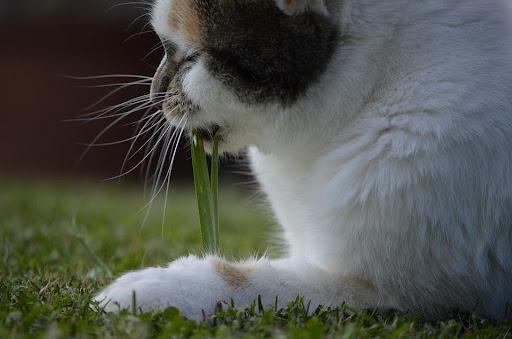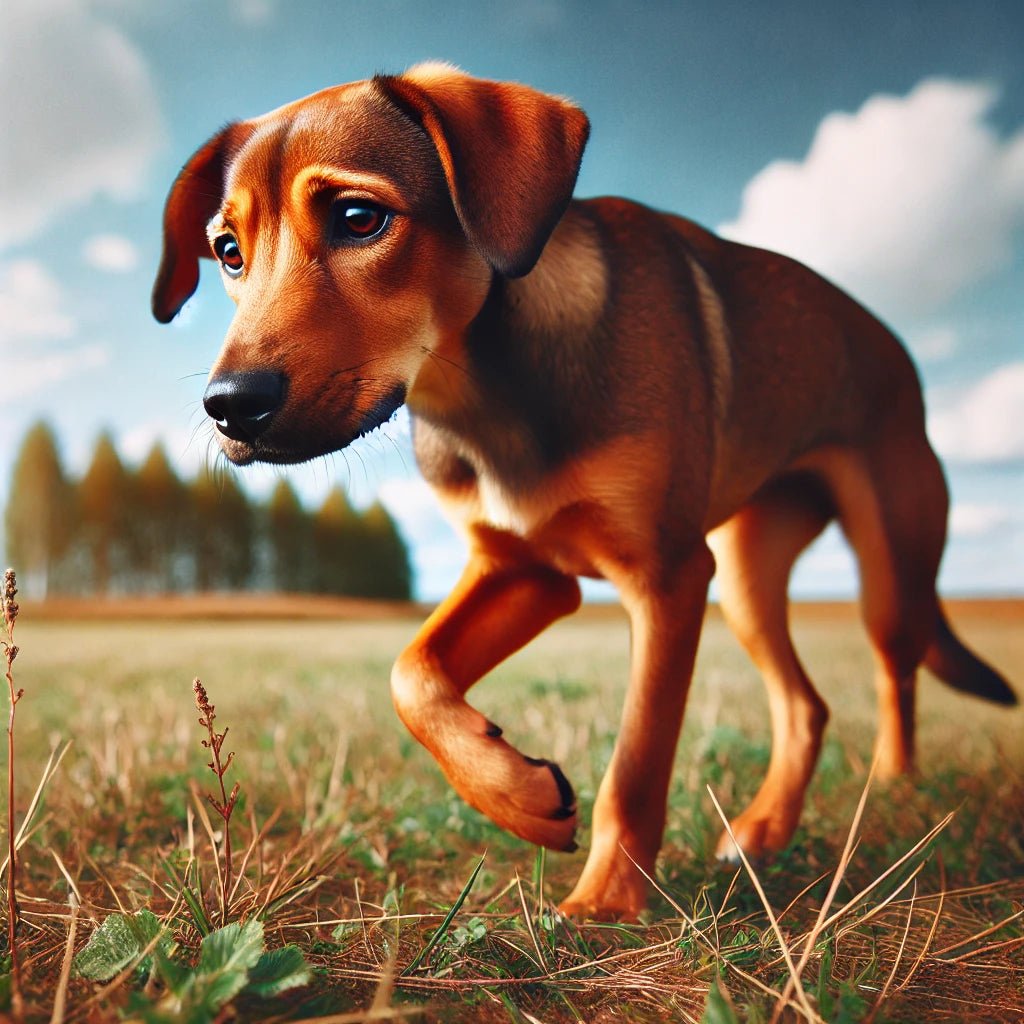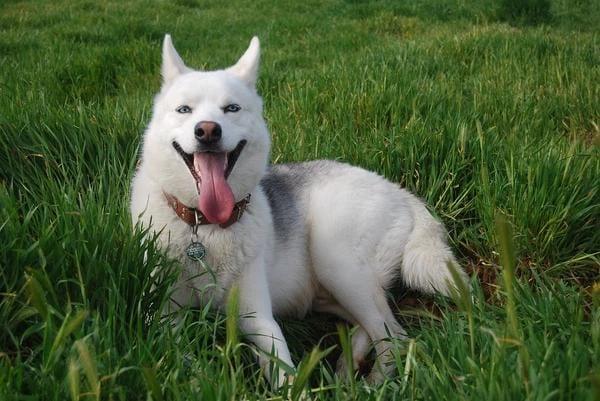If you have a feline friend who spends any time outside, then you've probably found your cat chowing down on blades of grass. Often, it's soon after that Whiskers decides to vomit the green right back out. Lesson learned, right? Not so fast. They repeat the behavior later and vomit the grass up the same as before. But why would they do that? Aren't cats supposed to be smart? Why repeat the behavior if it's just going to make them sick all over again? You race to the internet to ask, "Can Cats Eat Grass?" The answer you'll find is yes, in moderation. Why cats eat grass is a question that requires a multifaceted response, and the following breaks down everything you need to know.
Related: Why Do Dogs Eat Cat Poop?
Cats Eating Grass: The Benefits
What does it mean when a cat eats grass? Scientists have suggested several benefits to cats eating grass, and it comes down to nutrition and digestion.
Folic Acid Feast
Grass contains folic acid, a beneficial nutrient for our four-legged friends that contributes to increased oxygen in the blood. Folic acid aids the production of hemoglobin which is the protein that moves oxygen through the blood, and it can also support growth in cats. Therefore, if your cat craves grass, it could be craving a nutritional boost.
Sore Throat Relief
It's important to point out this one is a theory, and not enough research exists to validate the hypothesis; however, a growing number of experts now suggest cats may eat grass to ease sore throat pain.
Induction of Vomiting
Most humans wouldn't consider vomiting a benefit but that's because we're not traipsing around getting furballs caught in our throats. From accumulated fur to feathers to bits of treat, induction of vomiting can be exceptionally comforting to your feline friend.
Expedition of Bowel Movements
For much the same reasons as the want to vomit, grass can also help things move in the other direction. Furballs, feathers, and bones aren't friendly to the digestive tract, and scientists suggest grass can act as a laxative and support regular bowel movements.
Expulsion of Parasites
Scientists have suggested grass consumption can increase muscle activity in the digestive tract, leading to the expulsion of intestinal parasites. The theory implies such removal was more necessary for kitty ancestors than the housecats of today, but the process works the same.
Wondering where to find great holistic products for your pets? Visit Dope Dog to learn all you need to know!

Why Cats Eat Grass: The Behavior
"Why does my cat eat grass?" you ask yourself. Sure there are benefits to doing so, but does the cat know that? A lot of why a cat dines on grass is an instinctual behavior.
Predatory Instincts
Cats are natural predators and like to hunt small animals like rodents and birds. Because those creatures come with hard-to-digest bits, cats can instinctually cleanse their palate with grass. At an evolutionary level, cats learned the green blades would help clean out their system and aid the digestive process.
Stomach Regulation
Indigestion can plague cats regularly due to the various contents that make their way into a cat's body. Because grass can influence the digestive process, either through inducing vomiting or increasing bowel movements, a cat's stomach irritation can find relief.
Regurgitation Vegetation
Felines lack the necessary enzymes to break down vegetable matter. Similarly, they can't process the many inedible parts of their prey they consume. Eating grass is a natural impulse to ridding the body of foreign objects, and your cat knows to self-regulate the amount of grass it eats.
Tasty Treat
A rather obvious consideration that often gets overlooked is that cats enjoy the taste of grass. It's challenging to recognize that fact, given the feline typically pukes the stuff right up. But, just as cats can be picky about their treats and kibble, so too could they be about their grass. That cats continue to return to the green blades suggests the taste is far from a deterrent.
Related: Why Do Dogs Eat Grass?
Cat Eating Grass? Here's What To Do
"Why is my cat eating grass?" has been solved. But what should you do about your cat's grass consumption? Here are a few tips.
Avoid Treated Grass
Don't let your cat eat grass treated with pesticides or fertilizers because it could harm your pet. If you're not sure if the grass has been treated or not, assume it has and avoid letting your cat consume it.
Bring Your Grass Indoors
Buying or growing your own grass indoors is a great way to control what goes into the vegetation so you can keep your cat safe. Several retailers sell grass kits available for in-home use. This will allow your cats to follow their instincts and cleanse their system without you having to worry about what they got into.
Be Consistent
It's a good idea to double-check all plants in the home are non-toxic and aren't treated with chemicals of any kind. If your cats get into any other vegetation, you want to make sure they'll be safe.
Seek Veterinary Assistance
If your cat consumes excess amounts of grass or the habit becomes a daily desire, be sure to consult with your pet's vet so they can make sure there isn't anything else going on. In general, if you have any concerns over the health of your pet due to its grass consumption, contact your vet right away.
Looking for helpful tips on how to make your pet’s life better? Check out Dope Dog for all the latest and greatest!

The Benefits of CBD... For Your Pets!
You've heard of the benefits of CBD in humans, but did you know CBD can help your pets, too? Check out Dope Dog's Store to learn about all the ways you can help your furry friend with CBD. https://dope.dog
Related: Can Humans Take Pet CBD Oil?
Keen For Green
Cats love eating plants. The common behavior can be beneficial but, under uncontrolled circumstances, quite dangerous. Always be sure plants accessible to your pets are non-toxic because chances are more likely than not that your cat will dine on them at some point. You can avoid losing household plants by providing grass trays for your cat. Catnip works, too. And remember, the next time you hear your cat puking, it might not be a life or death situation. The cat could simply be using grass to clean out the furballs in its throat. Always consult a vet if you're unsure.


















